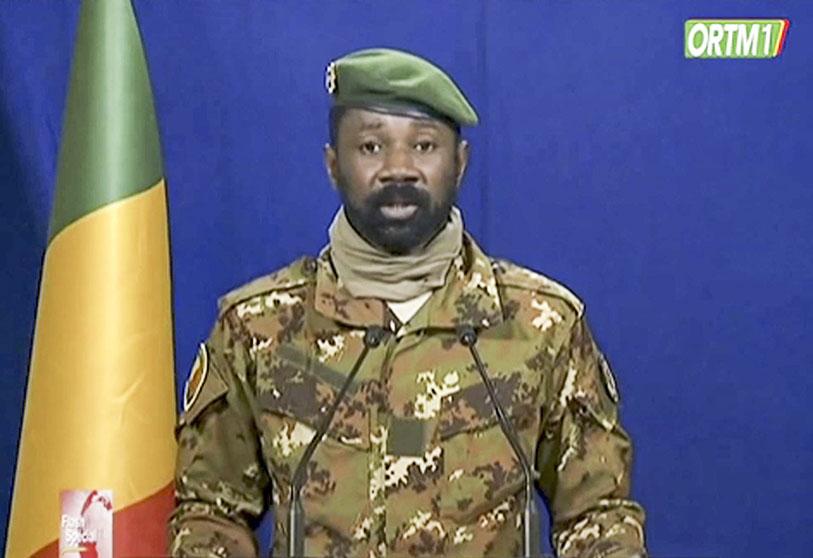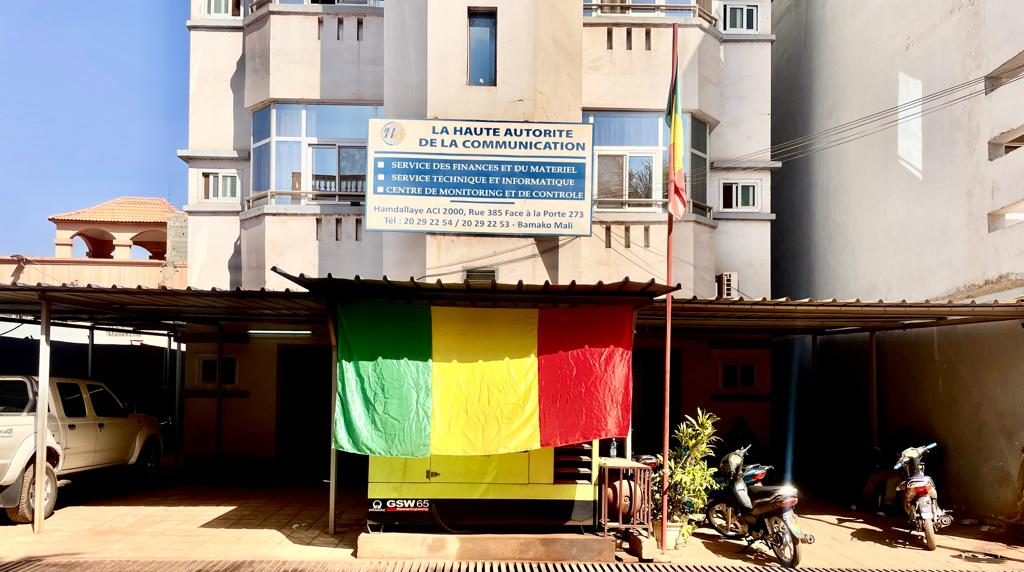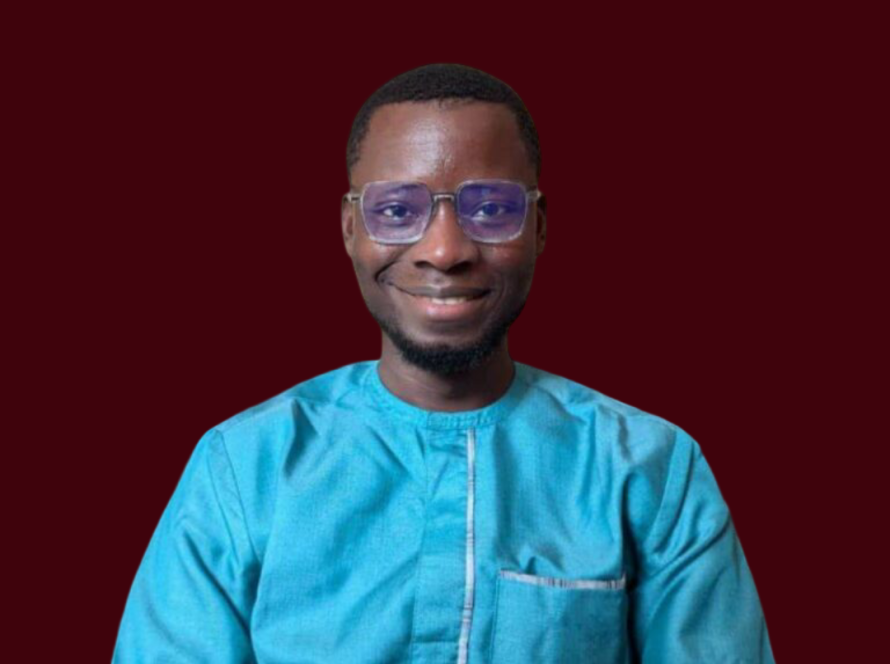The Media Foundation for West Africa (MFWA) is extremely concerned about the alarming deterioration of civic space, the political climate, and freedom of expression in Mali. Fundamental freedoms are now gravely threatened by the dissolution of political parties, the repression of dissenting voices, and a sharp rise in arbitrary arrests.
On May 13, 2025, General Assimi Goïta signed a decree repealing the 2005 law on political parties, which was the cornerstone of democratic pluralism in Mali. The decision, announced on the state broadcaster ORTM, followed its adoption by the National Transition Council (CNT). It calls into question the entire legal framework guaranteeing the existence and activities of political parties. This repeal comes against a backdrop of increasing repression of dissenting voices critical of the Malian junta.
At the close of the Council of Ministers meeting on April 30, 2025, a number of controversial decisions called for the abolition of the Political Parties Charter and the proclamation of General Asimi Goïta as President of the Republic for a five-year term, without elections.
In response to this serious threat to the people’s right to assemble and associate, political parties raised their voices in protest against the implementation of these measures.
Two protests were held: the first on May 3 by a coalition of political parties and civil society at the Palais de la Culture in Bamako, and the second on May 4 by young political party leaders at the Maison de la Presse.
A third protest, initially scheduled for May 9, was cancelled following a press release announcing the suspension of all political activities until further notice.
Arbitrary Arrests and Targeted Repression
Since the beginning of May, a worrying series of arrests has targeted opposition figures. On May 8, Alhassane Abba, Secretary General of the Convergence pour le développement du Mali (CODEM), was abducted by masked gunmen identifying themselves as police officers, according to testimonies gathered by MFWA and other civil society organizations. On the same day, El Bachir Thiam, a YELEMA party member, was arrested in similar circumstances.
On May 11, Abdoul Karim Traoré (CODEM) and Abdrahamane Diarra, president of the Mouvement des Jeunes de l’URD, were arrested without any formal legal procedure. The latter was the only one to be released on May 12, without any official clarification.
Since December 2023, at least five organizations, including the Observatoire pour les Elections et la Bonne Gouvernance (Observatory for Elections and Good Governance), the Coordination des Mouvements, Associations et Sympathisants de l’Imam Mahmoud Dicko (CMAS), and the Association des élèves et étudiants du Mali (AEEM), have been dissolved on widely contested grounds. These dissolutions followed criticism of the regime’s failure to meet the transition schedule.
On January 4, 2024, Imam Bandiougou Traoré, known for his preaching against bad governance, was arrested after denouncing the misappropriation of funds intended for a festival in Kayes. Sentenced to 18 months in prison, he was released after two months’ detention.
On March 2, 2024, Colonel Alpha Yaya Sangaré was arrested for writing a book on army abuses against civilians. After the launch of his book titled Mali: Le défi du terrorisme en Afrique, he was taken away by individuals in civilian clothes.
Economist Etienne Fakaba Sissoko was also arrested on March 25, 2024, for publishing his book denouncing the Malian authorities’ propaganda. He was charged with undermining the reputation of the State and remanded in custody.
On March 11, 2024, Mohamed Youssouf Bathily, known as Ras Bath, was sentenced to 18 months in prison after criticizing the authorities over the absence of medical care to a political prisoner.
Broken Transition Schedule
The transition schedule, initially scheduled to end on March 26, 2024, was disregarded by the military authorities. This failure to respect democratic commitments has been accompanied by a series of repressive measures in response to criticism. These included the suspension of the activities of political parties and associations in the name of maintaining public order. At the same time, the High Authority for Communication ordered the media to cease all coverage of political activities, reinforcing both censorship and self-censorship.
These actions have created a climate of fear where any dissent is considered treason against national sovereignty. The media are muzzled, associations dissolved and opponents silenced.
The MFWA’s Call
The MFWA finds the current situation extremely worrying. The suspension of political party activities, the abrogation of the Political Parties Charter and the dissolution of political parties represent not only a serious regression in political freedoms, but also a clear infringement of the fundamental rights guaranteed by the Malian Constitution.
These actions also violate the African Charter on Human and Peoples’ Rights, as well as the International Covenant on Civil and Political Rights, which Mali has ratified.
These acts jeopardise the hard-won democratic gains since the fall of Moussa Traoré’s authoritarian regime in 1991, and threaten to return the country to an era of political uniformity and systematic repression of critical voices. Silencing the country’s key stakeholders in the dialogue process undermines trust and further polarizes an already fragile society.
Mali needs an open civic space, where differences can be expressed freely while respecting the law and the rights of all. It is essential to remember that freedom of expression, freedom of association and the right to political participation are the pillars of an inclusive, stable and resilient society.
The MFWA therefore urges the transitional authorities to:
- Release all prisoners of conscience and detained opposition members;
- Lift restrictions on the media and associations;
- Respect Mali’s national and international commitments by restoring citizens’ fundamental political rights;
- Foster a climate of openness and dialogue.






